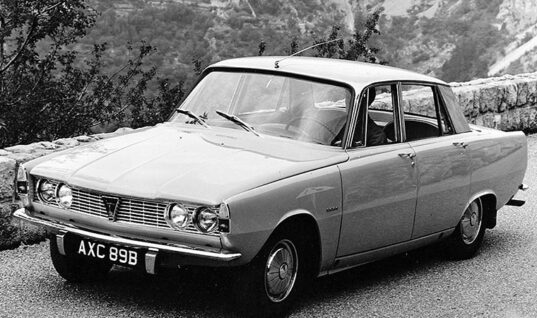A new report has highlighted what it calls the growing “trend of low-mileage zero-emission cars being written off with minor damage”.
Without access to diagnostic data or the ability to repair or assess a battery pack following a collision, insurance companies are being forced to write off EVs prematurely, leading to higher premiums and negating any gains from switching to electric.
A battery pack can cost tens of thousands of pounds and represent around 40 percent of the cost of building an EV.
“We’re buying electric cars for sustainability reasons,” said Matthew Avery, research director at automotive risk intelligence company Thatcham Research told Reuters.
“But an EV isn’t very sustainable if you’ve got to throw the battery away after a minor collision.”
While some manufacturers like Ford and General Motors are making battery packs easier to repair, Tesla has taken the opposite approach with the Model Y, in which the battery pack forms part of the car’s structure, making it difficult to remove or replace.
Sandy Munro, head of US-based Munro & Associates, which dismantles vehicles and advises manufacturers on how to improve them, said the Model Y battery pack has “zero repairability”.
“A Tesla structural battery pack is going straight to the grinder,” Munro said.
Christoph Lauterwasser, managing director of the Allianz Center for Technology, added: “The number of cases is going to increase, so the handling of batteries is a crucial point.
“If you throw away the vehicle at an early stage, you’ve lost pretty much all advantage in terms of CO2 emissions.”
Michael Hill, head of the UK salvage company Synetiq, told Reuters he has seen a surge in the number of EVs in the isolation bay, where they must be checked to avoid a fire risk. He estimates a rise from a dozen or so every three days to 20 per day.
“We’ve seen a really big shift and it’s across all manufacturers,” he said.
There are currently no EV battery recycling facilities in the UK, forcing salvage companies to store the batteries from written-off cars in containers. Hill said at least 95 percent of the cells in the hundreds of EV battery packs – and thousands of hybrid battery packs – are undamaged and should be reused.
Comment from Our Virtual Academy

“The Tesla Model Y battery is nigh on impossible to repair, but the same can’t be said about the majority of EVs.
“We train people how to conduct battery assembly repairs through an environmentally and financially viable modular replacement approach – battery assemblies are made from multiple smaller modules.
“Many manufacturers will sell battery modules (the smaller parts that make up whole battery assemblies), negating the need for the expensive and unnecessary replacement of whole battery assemblies.
“In the early days, it was not uncommon for manufacturers to shy away from advising modular repairs in their repair manuals, but they are increasingly advising and specifying more economically viable and environmentally friendly modular repairs.
“Whether or not the manufacturers’ recommend modular repair or not, this is where the independent aftermarket has the edge. Battery repairs on a modular level are, in the vast majority of cases, completely possible, and when done correctly, be it with salvaged spares or new modules from OE manufacturers, the battery packs on today’s EVs can be repaired.
“On a further point, those battery assemblies which cannot be repaired will be recycled in the future or used in second life applications such as domestic and industrial energy storage. They are too valuable to be thrown away. It’s not uncommon to hear lithium-ion battery manufacturers describing themselves as manufacturers at this stage in the cycle, however once there’s enough ‘core’ (old batteries) they’ll be pivoting to be massive battery recyclers too.
“No matter what scare stories you read, EVs are the motor industry’s near- to mid-term future.”
If you’d like training on how to conduct high voltage battery modular repair, visit the Our Virtual Academy website, email [email protected] or telephone 020 3286 2228.








Stephen Malbon
If manufacturers are going to make vehicles impossible to repair, i.e. Tesla Model Y, then insurance companies should refuse to insure them in the first place.
I was also under the impression that manufacturers, from washing machines through to anything else, were being forced to make their products repairable and at a reasonable cost.
I’ve been an advocate of Tesla, but the approach that appears to have been taken here is stupid beyond belief
Steven Lewis
Not sure on sustainability have you looked on the mining of Lithium for a start.
So what is good about that?
I think the concept of an EV is not there yet in many ways, I’m sure there are going to be more pitfalls to come weather it’s batteries, storage of the batteries and the vehicles after a collision.
Maybe I’m a little biased as a motor mechanic we repair isn’t that good keeping what is already built and here for the future, carbon footprint and all that?